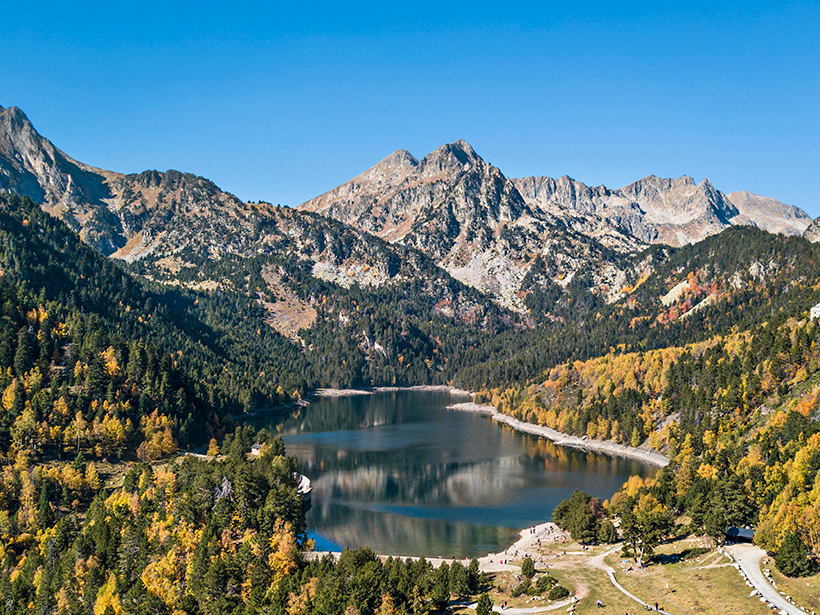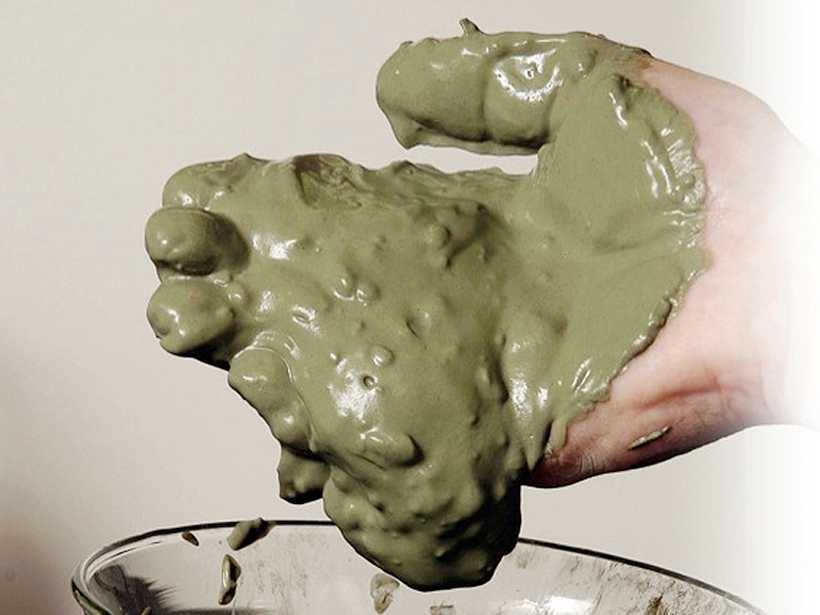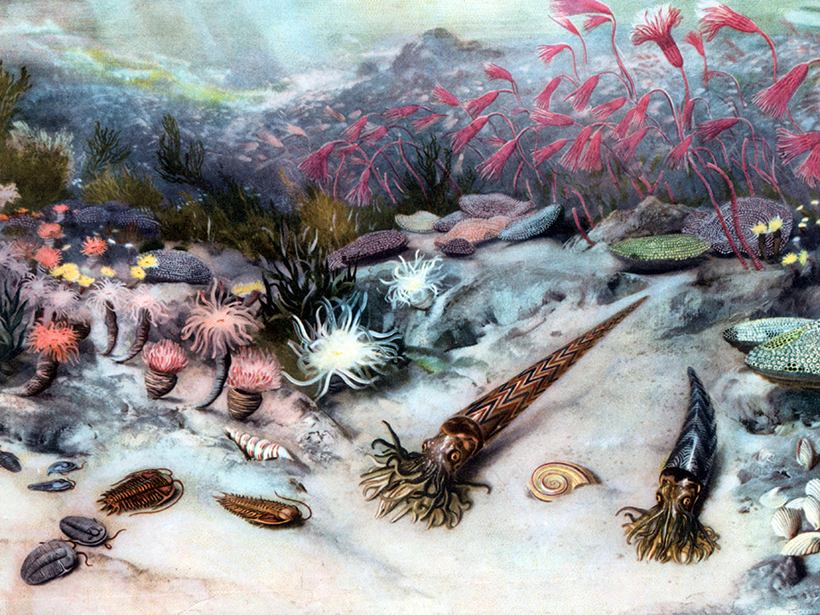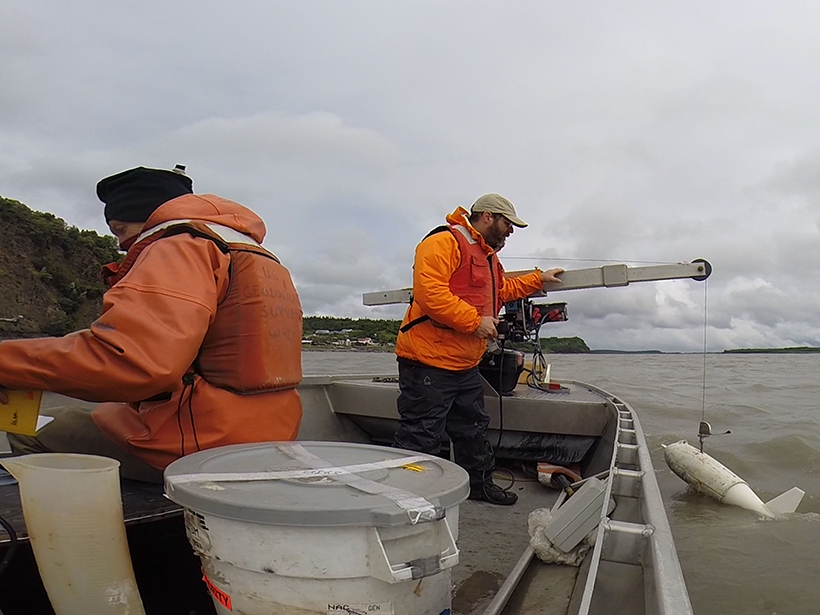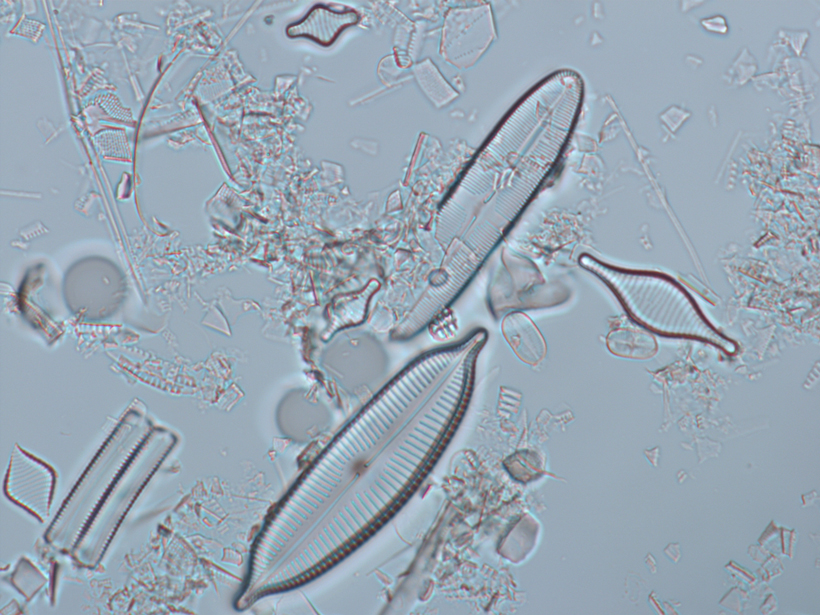Every time snow or rain falls, it brings with it microbes from high in the atmosphere. Could those microbes have a seasonal signal, just like the plants on the land below?
bacteria & microbes
Healing Power of Clay? Not as Off-the-Wall as You Might Think
An ancient folk remedy, blue-green iron-rich clay, kills antibiotic-resistant bacteria using a one-two punch, a new study shows.
Atacama Desert’s Unprecedented Rains Are Lethal to Microbes
Rainfall in the driest parts of Chile’s Atacama Desert in 2017 resulted in hypersaline lagoons that killed the majority of microbes adapted to millions of years of arid conditions.
Could Life Be Floating in Venus’s Clouds?
If present, microbes could explain evolving patterns in the planet’s atmosphere when observed in ultraviolet light.
Just How Anomalous Is the Vast Baltic Sea Dead Zone?
Newly drilled cores from the Baltic Sea reveal 1,500 years of deoxygenation history. The record sheds light on the dire state of the Baltic Sea today.
Microbes Meet Geoscientists
A new collaboration brings together the two worlds of microbiology and geoscience with the common goal of improving public health outcomes.
Tiny Algae May Have Prompted a Mass Extinction
Dead algae sinking to the ocean floor may have sequestered carbon 445 million years ago, triggering the glaciation that accompanied the Late Ordovician mass extinction.
Life and Death in the Deepest Depths of the Seafloor
Lacking light and energy, under-seafloor microbes rely on ancient organic materials to survive.
Using Microbes to Predict the Flow of Arctic Rivers
Bacterial DNA provides a good estimate of river discharge.
Australian Algae Aid Understanding of Ecosystem Resilience
Wildfires may have driven a critical ecosystem transition in Tasmania’s Lake Vera more than 800 years ago.

